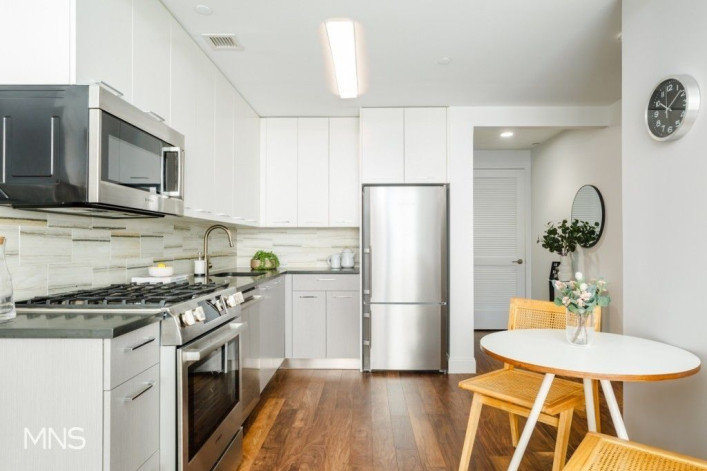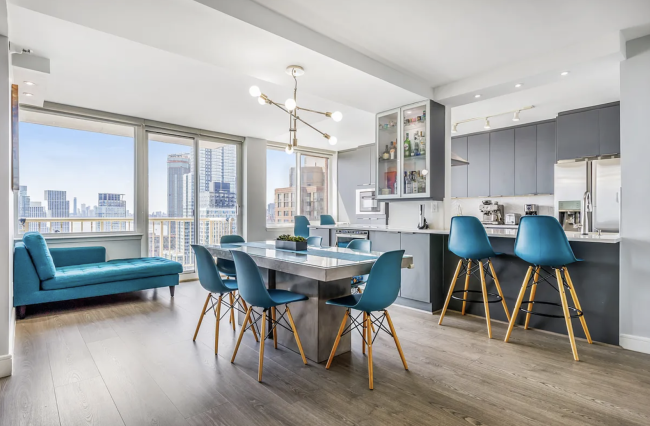What to know about buying in a brand new co-op building

The Independent, a brand new co-op in Hunters Point, has a landlease, meaning the building does not own the ground it sits on.
Most brand new residential buildings in New York City are either condos or rentals so it's fairly rare to find a brand new co-op building.
“The trend these days has been to build condos especially in Brooklyn and Queens because they are easier to sell,” says Elise Kessler, a real estate attorney with Braverman Greenspun.
Co-ops, where residents are shareholders rather than owners, are generally priced lower than condos and have an administrative structure that imposes more restrictions on residents, like limiting subletting and stringent vetting of new residents.
If you do find a newly built co-op, chances are there may be something unusual going on—it may not be a deal-breaker but your due diligence is going to be important. The main reason a brand new building might be a co-op is because the building has a landlease. This, along with condop designation and the risks associated with new developments should be on your radar if you are considering this type of purchase.
Landlease issues
When a developer does not own the ground on which their building is constructed, the arrangement probably involves a landlease. “Land lease condominiums are rare in New York. The law allows condos to be built on top of land leased from city or state agencies, like Battery Park City and Roosevelt Island,” says Kessler. As a result, buildings with landleases are often co-ops and there are important considerations if you are buying a co-op with a landlease, namely fees and expiration.
“Typically with a landlease, the maintenance is often higher because you are paying a portion of the rent of the landlease as part of your fees,” says Kessler. She says it’s important to pay attention to the number of years you have until the lease needs renewing and how much the rent may go up.
“I have seen landleases with fairly onerous rent increases that I would make a buyer very much aware of,” she says.
Condop designation
Condops are mixed-use co-op buildings with commercial or non-residential space on the ground floor. They often have multiple boards. In these cases, "the sponsor retains the crown jewels like the garage, the commercial space, either with direct ownership or incredibly favorable leases," says Dean Roberts, real estate attorney with Norris McLaughlin.
Brooklyn Point is an example of a brand new mixed-use co-op that's designated as a condop. The building is also built on leased, rather than owned, land.
If the brand new co-op you are interested in buying into is also a condop, you’ll want to look carefully at the financials of both the co-op and the commercial entities before committing to the purchase.
Inherent risks of new development
If you are considering a new development co-op you need to be comfortable with the risks associated with buying in a building that’s untested, regardless of whether it is a co-op or not. "You'll want to find out how many units the sponsor has sold and what the schedule is for the sponsor to get out of the building," says Roberts.
If the development comes with a tax break, find out when it expires. Consider which building extras you are willing to pay for and keep in mind the cost of those amenities may rise.



























